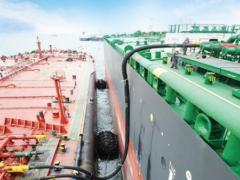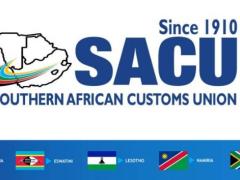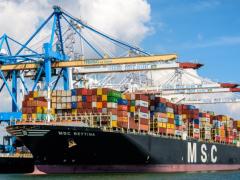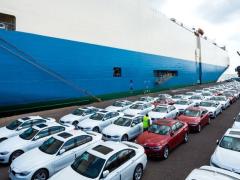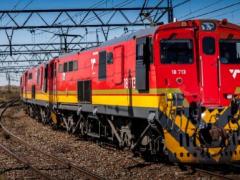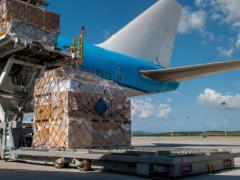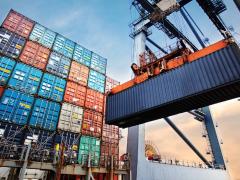The far-reaching impact of the Trump tariffs highlights the importance of having the right paperwork in place, says Pauline H Kumlehn, partner in the Cape Town office of Shepstone & Wylie Attorneys.“Contractual commitments undertaken in these uncertain times can benefit from prudent consideration of the underlying agreements between parties. “For instance, contracts of affreightment, which include provisions (such as so-called hardship clauses), will assist a party where performance, although not impossible, becomes unusually onerous. “Citrus growers of the Western Cape have firsthand experience, with tariff hikes touted by the United States leaving South African exporters unable to compete with competitors in other regions, such as South America,” she told Freight News.“With an export-oriented economy, key industries such as agriculture and renewable energy need to remain innovative to secure markets that are most favourable to them and with a supporting logistics and legal infrastructure that can meet their needs.”Internal controls ensuring local compliance, supported by well-drafted contracts, remain paramount, regardless of whether one is contracting locally or with foreign customers and suppliers.“As an example, a client who is in a dispute with the South African Revenue Service (Sars) for an alleged contravention under the Customs and Excise Act, 1964, may be focused on extricating itself from facing a claim in respect of that dispute. “As part of the service offered, we consider the issue from a more universal perspective, having due regard to the client’s business model and its requirements to ensure that any infraction is not symptomatic of a broader issue of non-compliance which may expose the client’s business to greater risks in the future. “Focusing on the challenges should, however, be limited to the extent to which it informs us of alternative ways to seek solutions. “Risks such as those currently experienced in the geopolitical sphere are beyond the control of a business, and so ultimately the focus should be on the aspects that one can control.“This will include the fact that the Cape is favourably situated along various trade routes and is well placed strategically to secure alternative markets beyond those traditionally serviced. “It has been reported that the Cape Town International Airport is in a league of its own compared with South Africa’s other major international airports, and so the use of this mode of transport should not be underestimated.”Proposed amendments to South Africa’s Merchant Shipping Act, which include the introduction of provisions on coastwise shipping (cabotage), can pose significant risks to the country’s ocean supply chain. “This highlights the growing competitiveness of air cargo and, concomitantly, provides services which extend beyond the more traditional sea and land-based modes of transport.“All businesses in the supply chain and logistics sector need to constantly rethink the way they do business to remain relevant and productive in a changing world economy, with law firms similarly providing services that are tailor-made to the changing needs of their clients,” says Kumlehn. ER
Solid contracts help navigate global uncertainties
Comments | 0



